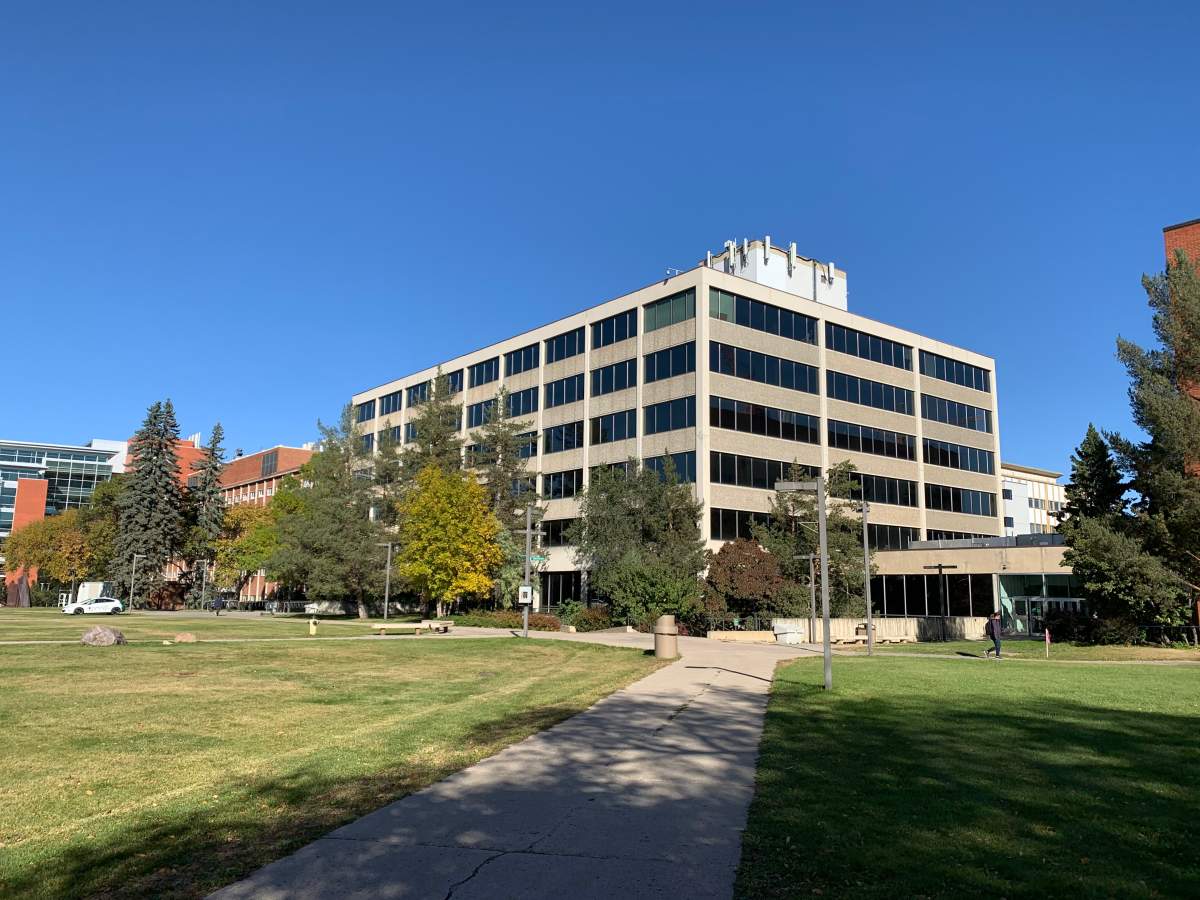The NDP said some University of Alberta students will have their tuition more than double as a result of cuts to post-secondary education.

The official opposition said U of A students will experience tuition increases between 17 per cent and 104 per cent in graduate and undergraduate programs.
“It would be wildly irresponsible for Jason Kenney to allow these tuition hikes to go through while we are dealing with the economic downturn and COVID-19,” NDP Critic for Advanced Education David Eggen said.
“Access to post-secondary is the key to economic recovery in Alberta and the UCP has fueled this tuition hike with constant and decimating cuts to post-secondary.”
The government’s latest budget reduced its spending to post-secondary institutions to $5.04 billion in 2021-22, down from $5.47 billion in 2019-20.
While the official budget did not provide a breakdown on how each institution will be affected, University of Alberta president Bill Flanagan said the U of A school will be facing a $60.1-million cut, almost one-half of the total post-secondary reduction. In March, Flanagan said the university is focusing on a “proactive” restructuring of its academic and administrative programs, including reducing administrative costs by more than $95 million this year.
The University of Alberta’s students’ union said as a result of the cuts, the average student will experience a 23.5 per cent increase in tuition over a three-year period.
U of A engineering student Andrew Batycki said tuition for first-year students in his program will increase 24.5 per cent in 2022.

Get breaking National news
“This is a staggering amount of money. For me, that would mean having to forego textbooks, that could mean having to get a part-time job on top of a six-class course load and that could mean having to get more student loans,” Batycki said.
“This is going to force low-income students to choose different career paths. There’s already a divide between students who can afford university and those who can’t. Professional programs such as engineering are quickly becoming another in this class divide and soon engineering is going to become a program that only wealthy students can afford.”
Anita Cardinal-Stewart is a second-year law student at the U of A, and the president of the National Indigenous Law Students’ Association. She said tuition will increase $5,265.72 annually in the school’s law program, creating significant barriers for Indigenous students.
“Radically higher tuition benefits the privileged applicants that will now be the only ones that can afford law school, and for those that do decide to go to the U of A, they’ll have an even higher crushing debt,” Cardinal-Stewart said.
A 2019 report on provincial spending, from a panel chaired by former Saskatchewan finance minister Janice MacKinnon, was highly critical of Alberta’s post-secondary spending.
Following that report, the Alberta government said in its 2021 budget documents that it was recommending post-secondary institutions “explore broader revenue streams,” but the government did cap tuition fee increases for 2022-23 at seven per cent.
The government said the cuts were necessary.
“We’re at a position now, today when tuition is comparable to B.C. and quite far below that of the national average, but we do need to do more to help ensure that we set our students up for success,” Advanced Education Minister Demetrios Nicolaides said.










Comments
Want to discuss? Please read our Commenting Policy first.